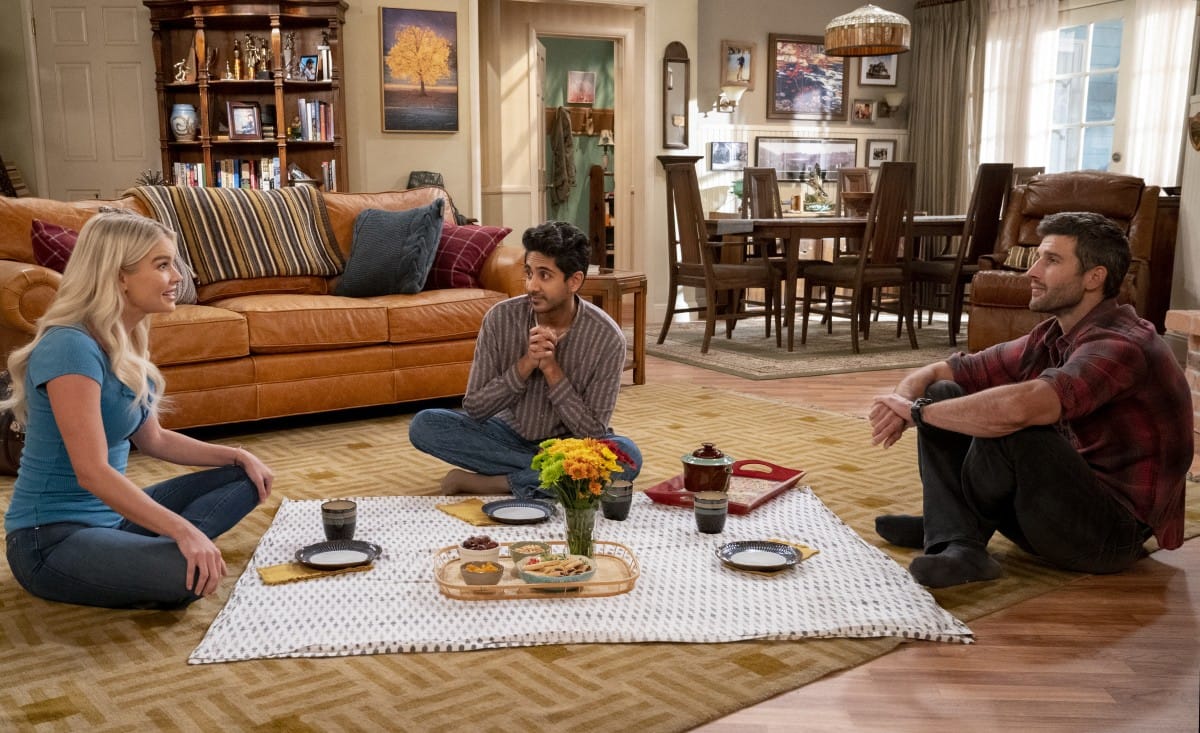The Fog of the Forever War with a Laugh Track in "United States of Al"
As President Joe Biden’s administration struggles to meet its self-imposed deadline of September 11, 2021 to withdraw US forces from Afghanistan, Hollywood is offering its own painless, bloodless version of an end to America’s longest war. In this review of the CBS sitcom "United States of Al," the











